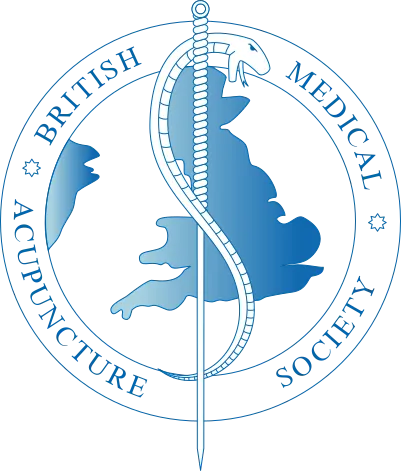There are many potential causes of neck pain, ranging from minor issues to more serious conditions. Some common causes of neck pain include:
- Muscle Strain: This is the most common cause of neck pain, and it can be caused by poor posture, sleeping in an awkward position, or sudden movements that strain the neck muscles.
- Neck Injury: An injury to the neck, such as a whiplash injury from a car accident, can cause neck pain.
- Arthritis: Arthritis in the neck joints can cause pain, stiffness, and limited mobility.
- Pinched Nerve: A pinched nerve in the neck can cause pain, numbness, or weakness in the neck and arm.
- Degenerative Disc Disease: As we age, the discs in our spine can degenerate, leading to neck pain and stiffness.
- Poor Posture: Poor posture, especially when sitting or standing for long periods of time, can strain the neck muscles and cause pain.
It’s important to consult with a healthcare professional to determine the exact cause of your neck pain and to receive appropriate treatment.
What can we do to help?
The treatment for neck pain will depend on the underlying cause of your pain. However, there are some general strategies that can help alleviate neck pain:
- Rest: Resting your neck and avoiding activities that aggravate your pain can help to relieve neck pain. However, it’s important to avoid prolonged bed rest, as this can make your pain worse.
- Heat or Cold Therapy: Applying heat or cold to your neck can help to reduce inflammation and ease pain. You can try using a warm compress, such as a hot water bottle, or a cold pack wrapped in a towel. You can alternate between heat and cold to see what works best for you.
- Pain Medications: Over-the-counter pain medications can help to relieve pain and reduce inflammation.
- Exercise: Gentle exercises and stretches can help to improve neck mobility and strengthen the muscles in your neck. However, it’s important to consult with a healthcare professional before starting any exercise program.
- Massage: Massaging the muscles in your neck can help to relieve tension and reduce pain. You can try massaging your neck with your fingers or using a massage ball or foam roller.
- Posture: Improving your posture can help to prevent neck pain from occurring. Make sure that your computer screen is at eye level, and try to avoid cradling your phone between your ear and shoulder.
- Physical Therapy: In some cases, physical therapy may be recommended to help alleviate neck pain. A physical therapist can help you develop a customized exercise program and teach you techniques to improve your posture.
If your neck pain is severe or persistent, it’s important to consult with a healthcare professional for an accurate diagnosis and appropriate treatment.
A physiotherapist can help to diagnose the underlying cause of your neck pain and develop a customized treatment plan to help alleviate your pain and improve your neck function. Here are some of the ways a physiotherapist can help with your neck pain:
- Physical Examination: A physiotherapist will perform a physical examination to assess your neck range of motion, strength, and flexibility. They may also evaluate your posture and assess your neck for any signs of swelling, tenderness, or inflammation.
- Manual Therapy: A physiotherapist can use various manual therapy techniques to help relieve neck pain, such as massage, joint mobilization, and manipulation. These techniques can help to improve blood flow to the affected area and reduce tension in the muscles and joints.
- Exercise Prescription: A physiotherapist can prescribe exercises to help improve your neck range of motion, strength, and flexibility. They may also recommend exercises to improve your posture and reduce the risk of future neck pain.
- Education: A physiotherapist can provide education on proper neck posture, ergonomics, and body mechanics to help prevent future neck pain.
- Pain Management: A physiotherapist can provide pain management strategies, such as heat or ice therapy, to help alleviate your neck pain.
- Home Exercise Program: A physiotherapist can design a home exercise program to help you continue your recovery and maintain your neck function once you leave the clinic.
Overall, a physiotherapist can play a crucial role in helping you recover from neck pain and improve your quality of life.











